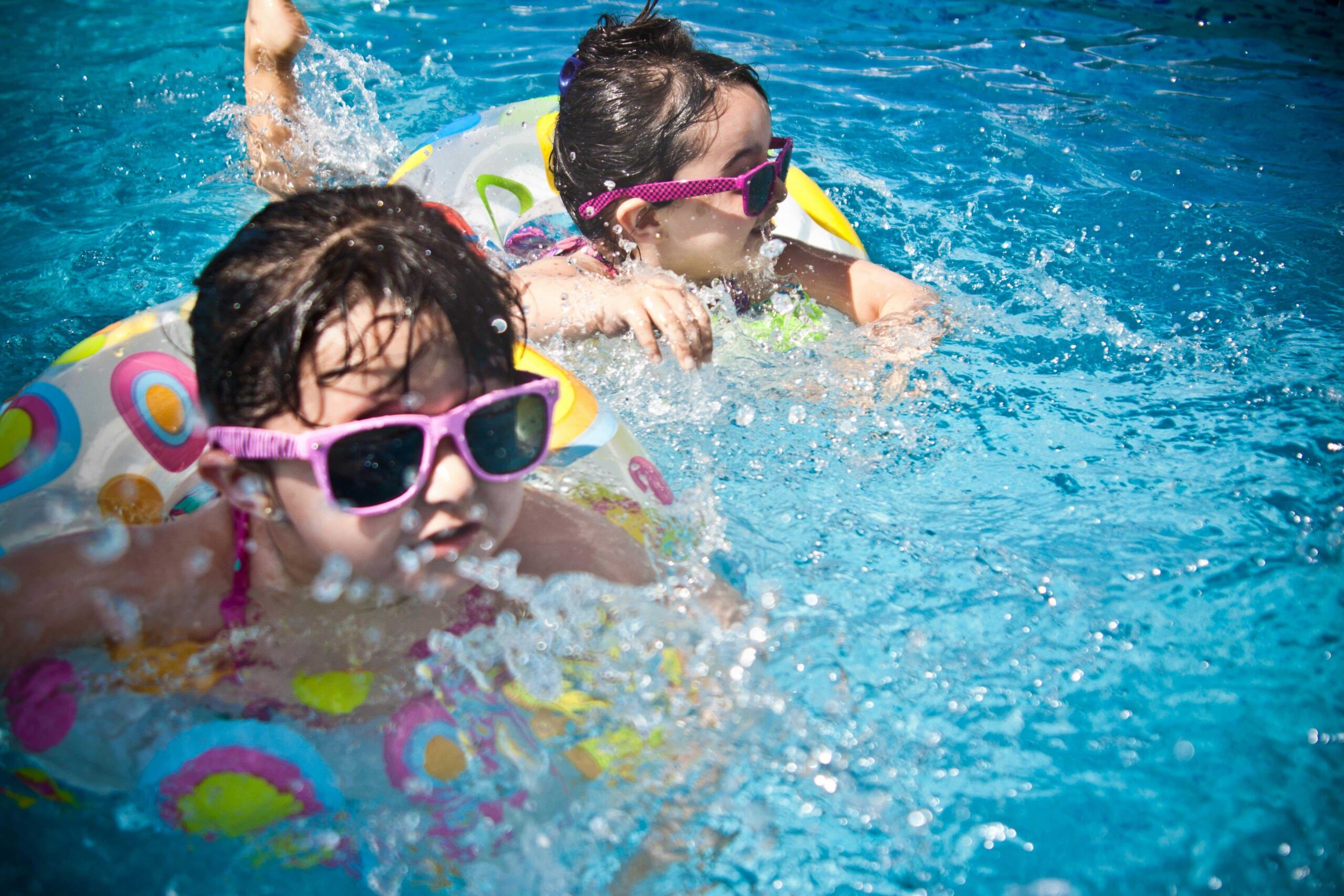
Self-discipline is the ability choose or control your actions and emotions with the intention of self-improvement. Those with self-discipline are often able to become leaders as they are able to work hard for long-term goals. Those with self-discipline have an inner calm and an outer resolve, allowing them to react in a positive way to unexpected situations and remain a positive force around others.

Children who learn self-discipline early have an easier time adjusting to stressful situations. They are able to get their tasks accomplished without letting their feelings of stress overwhelm them. Once children know how to persist in difficulty, they grow resilient and learn important coping mechanisms for later in life.
It is important for leaders to have self-discipline because a leader is able to adapt in unknown or stressful situations. Even before that, a leader has the self-discipline to complete their tasks rather than passing their tasks off to their team. A leader with self-discipline is hard-working and they are not easily distracted. The leader’s team can sense this, which can in turn empower them to focus and build out their self-discipline.

Being self-disciplined can bring a child into a leadership position, but it can also help keep them there. At Childventures, we teach children self-discipline by:
- using detachment so that our emotions don’t control us
- speaking and acting calmly when we are hurt or angry
- getting things done that we need to in an orderly, efficient way
- creating routines for ourselves
- doing what is expected without anyone needing to watch over us
- carrying out things in a timely fashion


